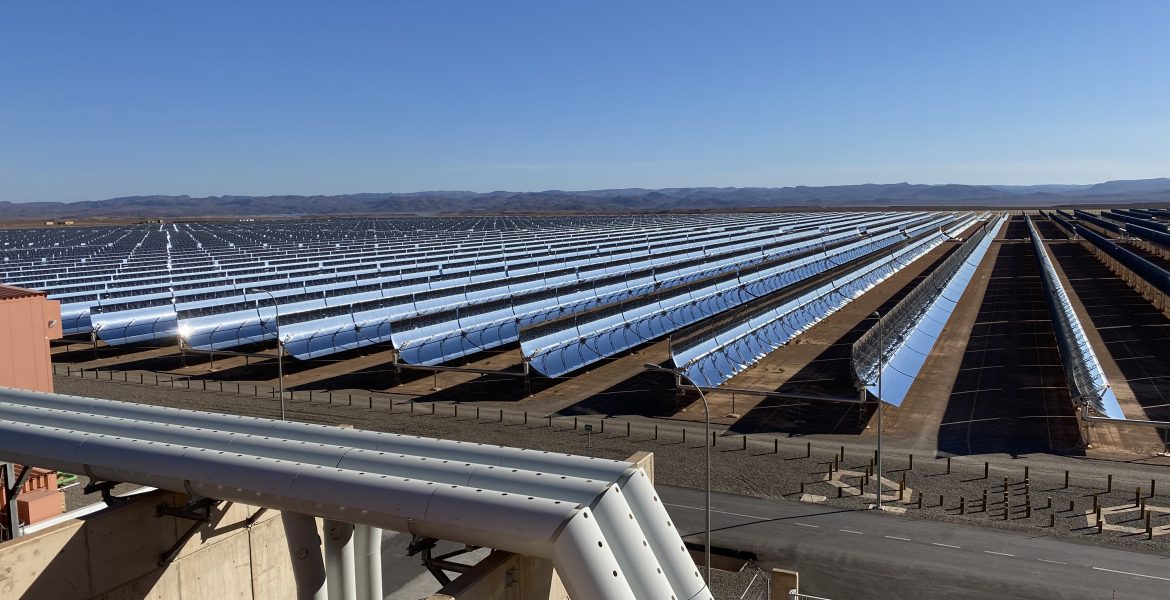The EPP Group says that Europe urgently needs a plan to develop long-term partnerships with non-EU countries to ensure “sustainable, secure and affordable energy.”
“This is needed not just for the EU but also for world stability”, said Christian Ehler MEP, the EPP Group Spokesman on Energy, Industry and Research.
The European Commission has published the so-called RePowerEU plan, with the intention of facilitating the diversification of fossil fuel imports, accelerating the take up of clean energy and strengthening the EU’s resilience and strategic autonomy.
The EPP Group calls for the plan to lead the way when it comes to the global green and the just energy transition. “Our businesses are bearing the brunt of high energy prices, disrupted supply chains, and the transition towards climate neutrality. Taken individually, these challenges would have been formidable but manageable. Taken together, their cumulative effect may endanger our businesses and the jobs they provide”, declared Ehler.
The EPP Group wants solar power to play a major role, in particular now that Europe needs to wean itself off Russian fossil fuels. “To re-solar Europe, we need to simplify rules on permits for new projects and we need a solar strategy that would make rooftop solar mandatory for all new buildings. Right now, the solar industry has to operate in a market in which there are too many barriers for solar projects. Procedures for issuing permits should be expedited”, said Ehler.
The installation sector of the solar power industry is struggling to find enough skilled workers. “Skills shortages and the financial aspect should be addressed”, he continued.
“The EU is a powerhouse of innovation and our economy should reap the benefits of this. This has been a challenge for Europe for a long time, but the Commission has so far failed to come up with an effective innovation policy to address it. As part of the preparation of the solar strategy, the EU should therefore support the industry, including through the EU Solar Initiative and particularly to develop European manufacturing in the sector. Both funding and further incentives, like further work on the eco-design requirements and energy labelling for solar systems, are strongly needed”, concluded Ehler.




